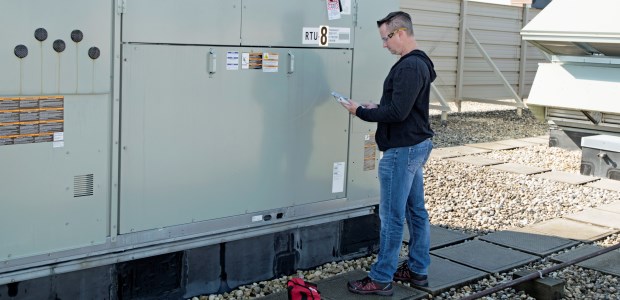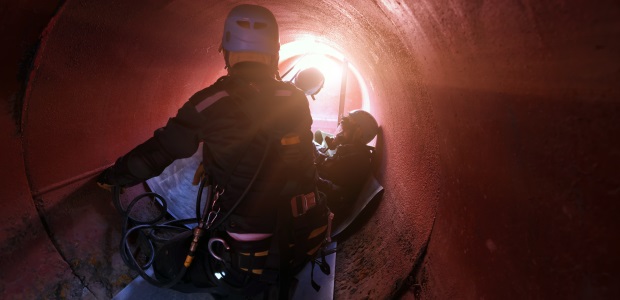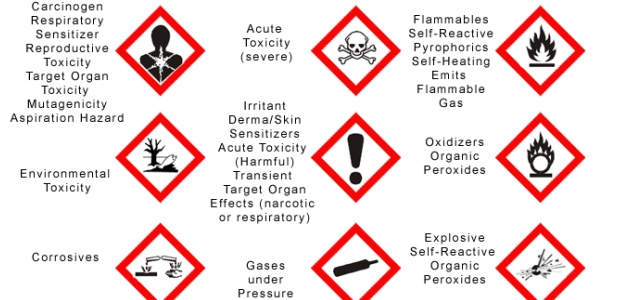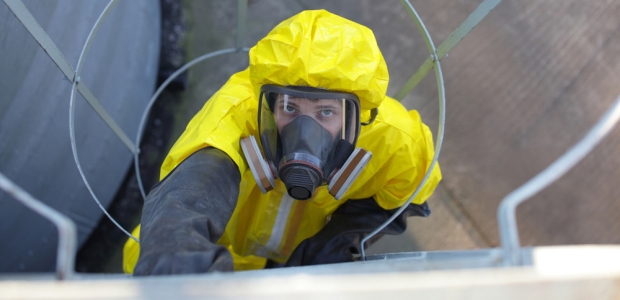The measure would require employers to give workers paid breaks in cool spaces, access to water and training on how to respond to symptoms of heat illness.

A hard hat is designed to protect from impacts that could damage the brain, so take its upkeep seriously.

Training provided to workers must cover the physical and health hazards of chemicals in the work area and measures workers can take to protect themselves.

Include it in all of your safety topics . . . first aid, chemicals, materials handling. Do whatever is needed to ensure a working, well-documented, accurate program.

Robotic hydrodemolition helps to simplify bridge repair.

Tool manufacturers are improving all aspects of their tools, including the shape, size, weight, balance, torque, vibration, speed, and noise.

Mindlessness is habitual, automatic, repetitive behavior generally brought on by multi-tasking. It can directly impact an individual's overall wellness, stress level, listening skills, injury risk and safety, and more.

Today's safety professionals have more data at their fingertips than ever before, but simple hand lacerations continue to plague work sites, creating mountains of paperwork and productivity delays.

Utility workers need garments that not only provide protection from arc hazards and foul weather, but also ensure that they can be seen by others, reducing the risk of visibility-related workplace accidents.

Today's welding helmets and PAPR advancements mean that the prospect for worker safety is brighter than ever.

Clear, systemized safety procedures and good practices will keep your patients and employees safe with fewer accidents.

Once a space is designated a permit-required confined space, it engages an extra level of planning and preparation to mitigate the potential hazards.

The confined space standards for both general industry and the construction industry place great emphasis on safety training.

Make sure the methods discussed for detecting the presence or release of chemicals line up with the specific chemicals and hazards you have at your facility.

Respirators, when used correctly, can be an effective layer of protection for many tasks in and around a chemical plant.